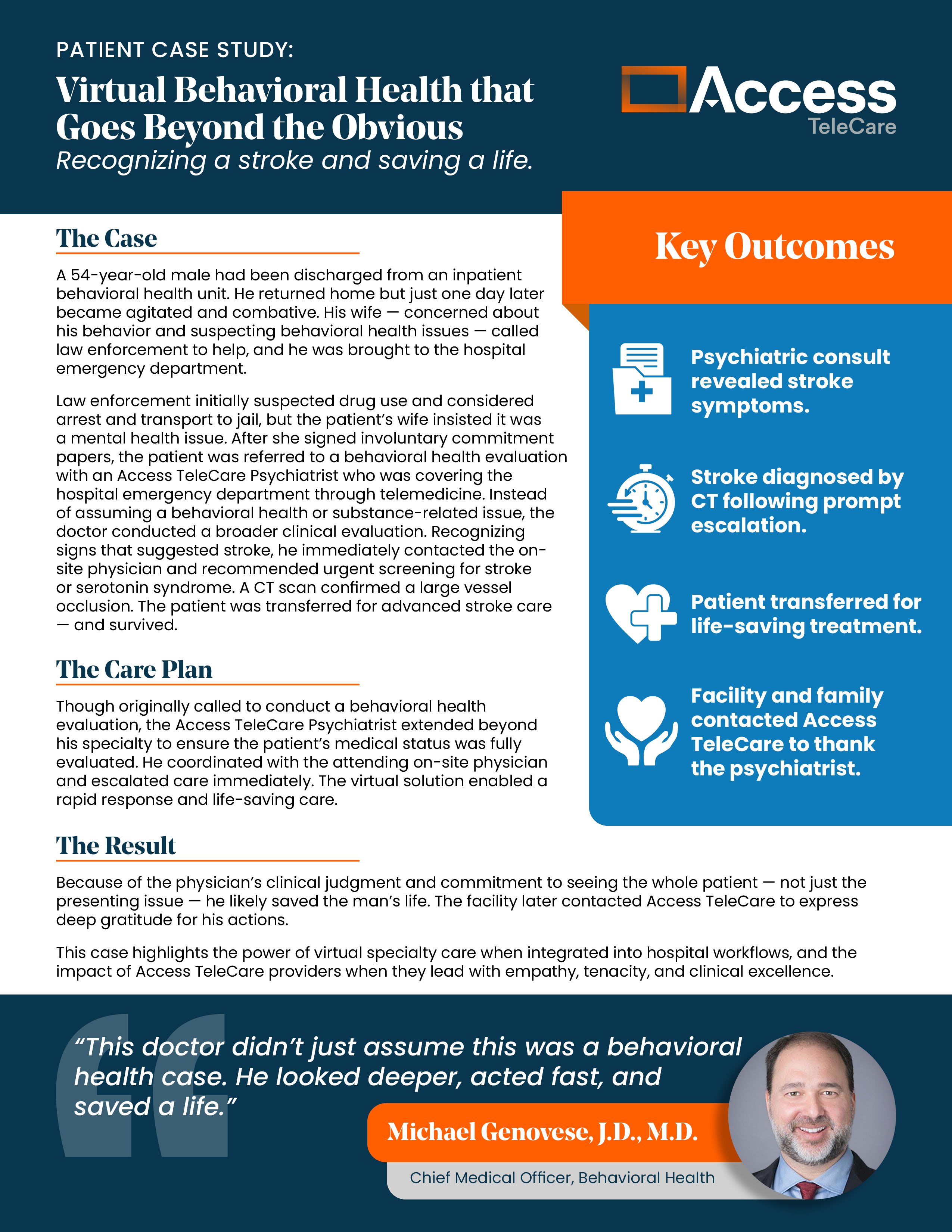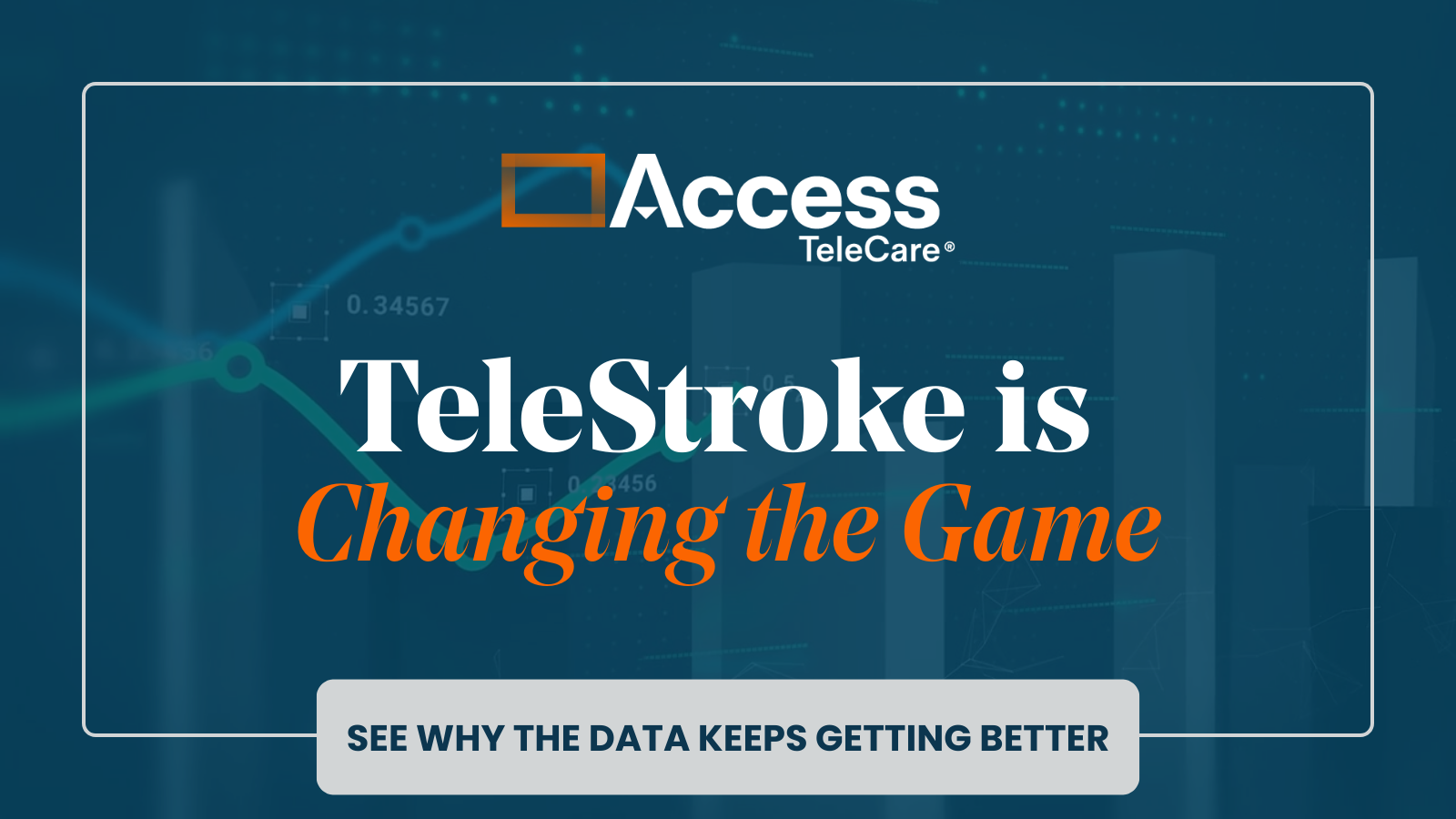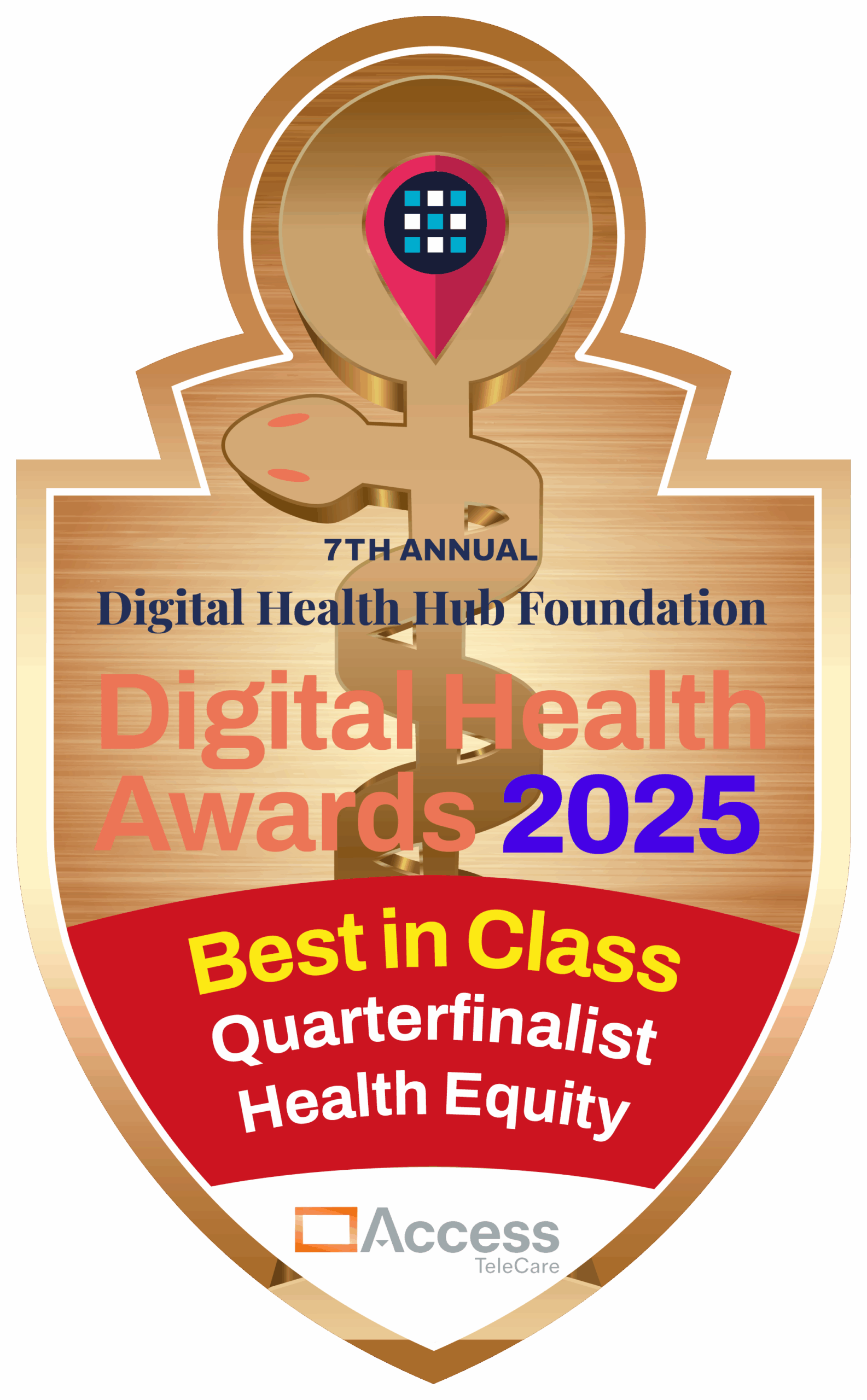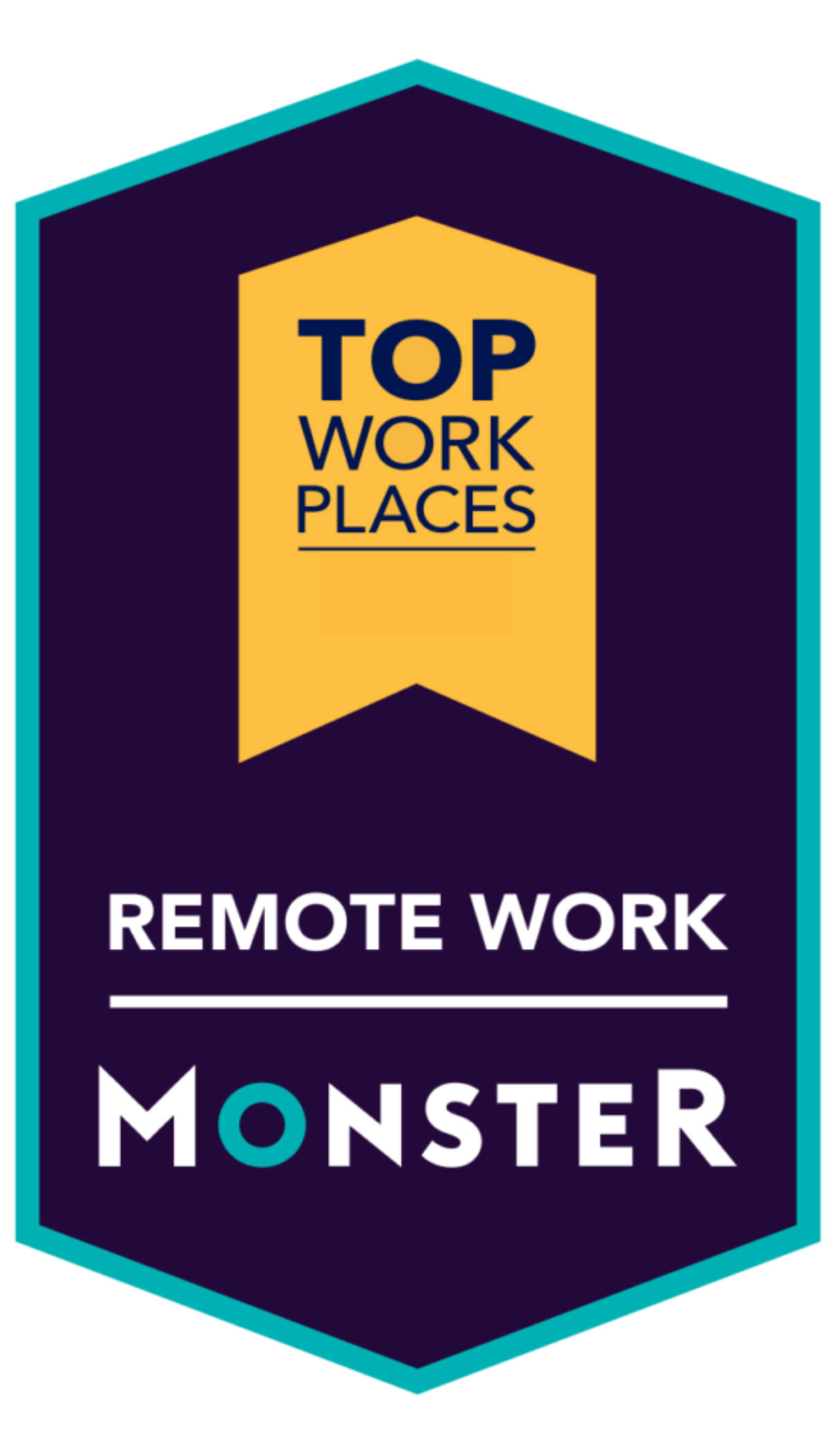Virtual Behavioral Health that
Goes Beyond the Obvious.
Access TeleCare Patient Case Study
The Case
A 54-year-old male had been discharged from an inpatient behavioral health unit. He returned home but just one day later became agitated and combative. His wife — concerned about his behavior and suspecting behavioral health issues — called law enforcement to help, and he was brought to the hospital emergency department.
Law enforcement initially suspected drug use and considered arrest and transport to jail, but the patient’s wife insisted it was a mental health issue. After she signed involuntary commitment papers, the patient was referred to a behavioral health evaluation with an Access TeleCare Psychiatrist who was covering the hospital emergency department through telemedicine. Instead of assuming a behavioral health or substance-related issue, the doctor conducted a broader clinical evaluation. Recognizing signs that suggested stroke, he immediately contacted the onsite physician and recommended urgent screening for stroke or serotonin syndrome. A CT scan confirmed a large vessel occlusion. The patient was transferred for advanced stroke care — and survived.
The Care Plan
Though originally called to conduct a behavioral health evaluation, the Access TeleCare Psychiatrist extended beyond his specialty to ensure the patient’s medical status was fully evaluated. He coordinated with the attending on-site physician and escalated care immediately. The virtual solution enabled a rapid response and life-saving care.
“This doctor didn’t just assume this was a behavioral health case. He looked deeper, acted fast, and saved a life.”
– Michael Genovese, J.D., M.D.
Access TeleCare’s chief medical officer of Behavioral Health
The Result
Because of the physician’s clinical judgment and commitment to seeing the whole patient — not just the
presenting issue — he likely saved the man’s life. The facility later contacted Access TeleCare to express
deep gratitude for his actions.
Key Benefits of Access TeleCare teleNeurology Programs
Comprehensive Stroke Care
Comprehensive Stroke Care
Access TeleCare’s teleNeurologists respond to all emergent consultation requests in under five minutes, delivering rapid diagnostic and therapeutic decisions and keeping more post-thrombolytic stroke patients in their local communities for care.
Increase Case Mix Index
Increase Case Mix Index
Access TeleCare’s teleNeurology program delivers everything from emergent stroke care to complex inpatient neurology care, including consultations for Parkinson’s, neuropathy, myelopathy, the management of seizures, and stroke follow-up care.
Reduce Patient Transfers
Reduce Patient Transfers
Timely access to neurologists means hospitals can retain more patients as Access TeleCare’s expert neurologists guide care and identify patients who do not require a transfer.
Improve Quality of Care
Improve Quality of Care
Access TeleCare helps hospitals provide a full range of neurological care to improve outcomes through timely access to specialty neurological care.Fast EEG Interpretation
Fast EEG Interpretation
Access TeleCare’s teleNeurology programs deliver routine, non-continuous EEG interpretation within 24 hours of study transmission.Read the latest from Access TeleCare
TeleStroke Delivers Great Outcomes — and They’re Getting Even Better
Recent research confirms what we see every day in our [...]
AI Is Evolving Fast. But Neurology Still Needs People.
Everywhere you turn in healthcare today, someone is talking about [...]
AI in Neurological Care: What’s Working Now — and What’s Worth Piloting Next
By: Scott J. Mendelson, PhD, M.D., Vice Chief of Neurology, [...]









